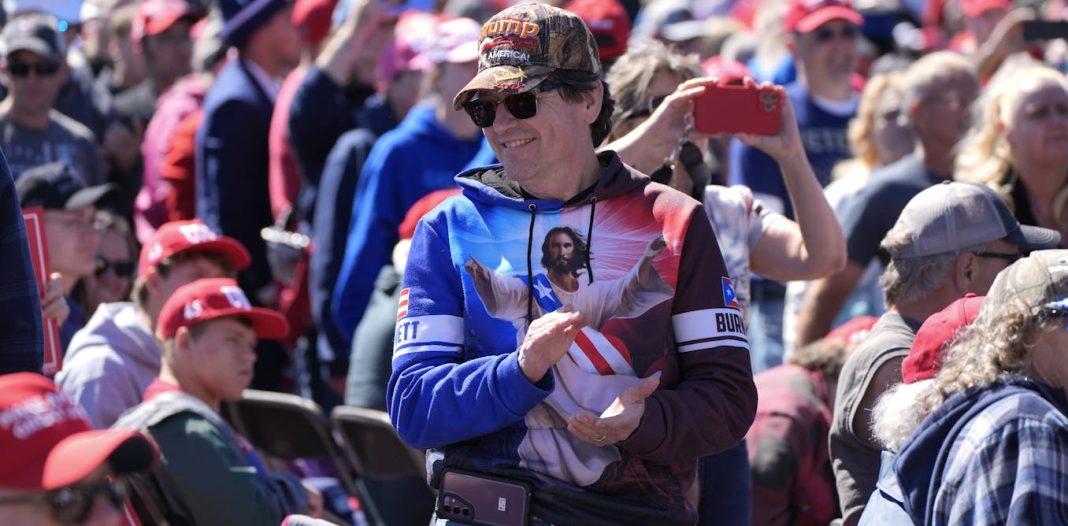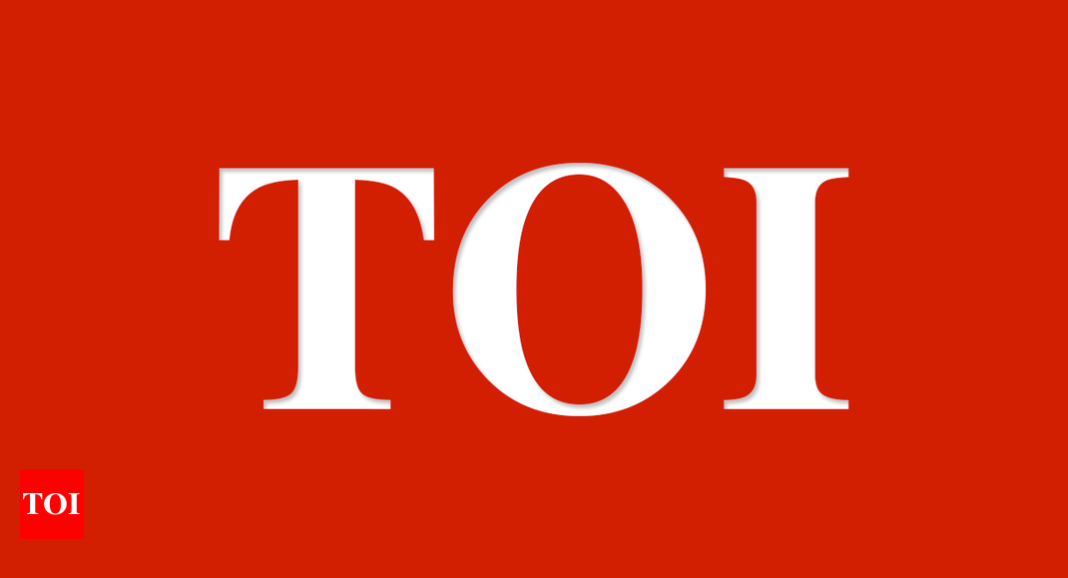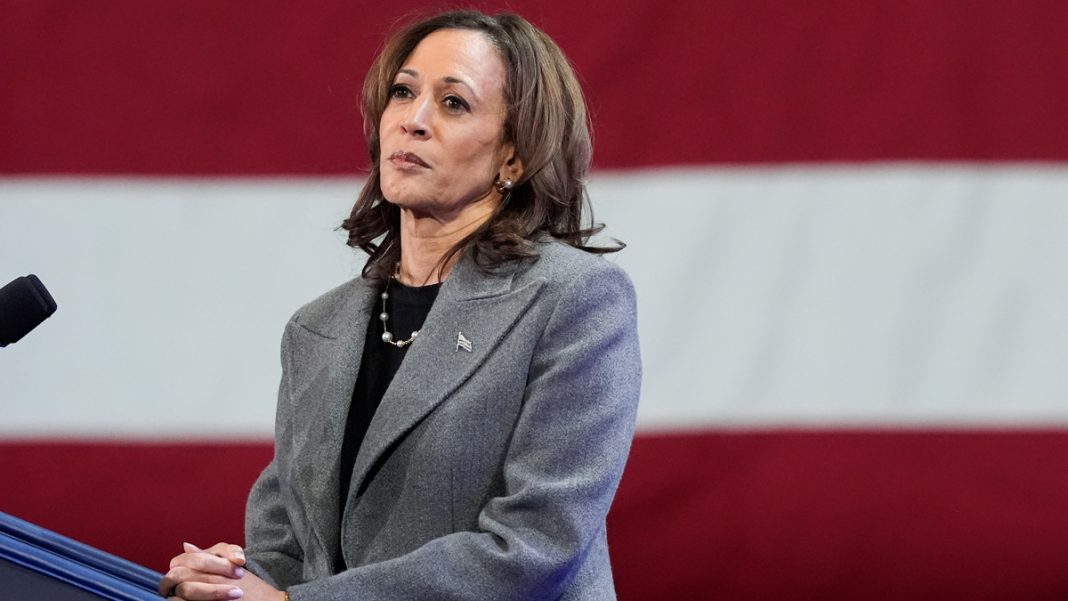Title: The Complex Role of Religion in U.S. Politics: More Than Just Faith vs. Secularism
In recent years, the intertwining of religion and politics in the United States has become a hot topic, especially as we approach another election cycle. Outsiders might find it jarring to hear politicians invoking religious sentiments, whether out of genuine belief or opportunism. Since the Reagan era, religious references have crept into political discourse, but the reality is far more nuanced than a simple divide between the faithful and secular progressives. Even on the left, many politicians openly discuss their faith, revealing a complex tapestry of religious identities that shape American elections.
The Divided Landscape of Religious Politics
While leaders of the Christian right often present a united front in their quest for influence in the Oval Office, the broader religious landscape in the U.S. is anything but monolithic. Different religious groups, shaped by their unique historical experiences and sociocultural backgrounds, exhibit a wide range of political leanings. This diversity is crucial for understanding how religious identities impact electoral outcomes.
Research institutions like the Pew Research Center and the Public Religion Research Institute (PRRI) have conducted extensive surveys to map out these ethnoconfessional subsets, revealing a rich mosaic of beliefs and affiliations among American voters.
Protestant Blocs: A Closer Look
According to the PRRI census from 2022, a significant 41% of Americans identify as part of the Protestant tradition, which can be broadly categorized into three main blocs. The first two consist of Euro-descendant groups from mainline and evangelical churches, each representing about a third of the Protestant population. Mainline churches tend to lean liberal, advocating for social justice, while evangelical churches are often more conservative, though some liberal evangelical congregations exist.
The third bloc is particularly noteworthy, comprising a diverse array of Protestant believers from Afro-descendant, Latino, and other backgrounds. African Americans make up a substantial portion of this group, with many belonging to "Black churches" that often align more with liberal social positions, especially regarding government intervention to support the poor.
The Catholic Vote: Unity in Diversity
Catholics represent another significant religious demographic, accounting for 23% of the U.S. population. While they share a common religious identity, they are ethnically diverse, with over half identifying as European and a substantial portion as Latino. This diversity leads to varying political allegiances within the Catholic community. Historically, Euro-descendant Catholics have leaned Republican, while Latino Catholics have shown a strong preference for Democrats, although this trend is evolving.
The Rise of the Unaffiliated
Interestingly, the trend of secularization is also making its mark in the U.S. Between 2006 and 2022, the proportion of Americans identifying as religiously unaffiliated surged from 16% to 27%. This group, which includes atheists, agnostics, and those with no specific religious affiliation, tends to lean Democratic, often favoring progressive policies on social issues.
Shifting Political Dynamics
The political landscape has seen fluctuations in religious voting patterns over the years. For instance, while white evangelicals have consistently supported Republican candidates, the support for Democratic candidates among Black Protestants has remained robust, particularly since the civil rights movement. Meanwhile, Latino voters, traditionally conservative on social issues, are becoming increasingly strategic in their political choices.
The 2020 election highlighted these dynamics, with Joe Biden, a practicing Catholic, managing to secure significant support from both Black Protestants and Latino voters, while Donald Trump maintained strong backing from white evangelicals. The rise of the religiously unaffiliated played a pivotal role in Biden’s victory, showcasing the shifting allegiances among various religious groups.
Looking Ahead: The 2024 Election
As we gear up for the 2024 election, the political landscape remains fluid. The recent Supreme Court decision overturning Roe v. Wade has reignited debates around abortion rights, a critical issue for many religious voters. While the Republican Party has historically garnered support from the religious right, recent surveys indicate that many religious groups, including Christians and non-Christians alike, favor preserving abortion rights.
With the potential for shifts in voter mobilization and changing partisan leanings, the upcoming election could see unexpected outcomes, particularly in key battleground states. The interplay of religion and politics will undoubtedly continue to shape the electoral landscape, making it essential for political strategists to pay close attention to the evolving dynamics among ethnoreligious groups.
Conclusion: A Tapestry of Beliefs
In summary, the role of religion in U.S. politics is a complex and evolving narrative. It’s not merely a battle between the faithful and the secular; rather, it’s a rich tapestry woven from diverse beliefs, ethnic backgrounds, and historical experiences. As we approach the next election, understanding these nuances will be crucial for anyone looking to grasp the intricacies of American political life. Whether you’re a staunch believer, a skeptic, or somewhere in between, the intersection of faith and politics is a conversation that affects us all.



